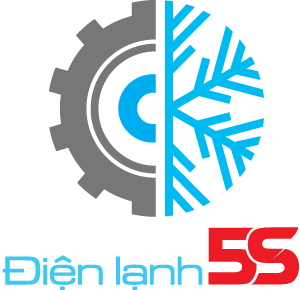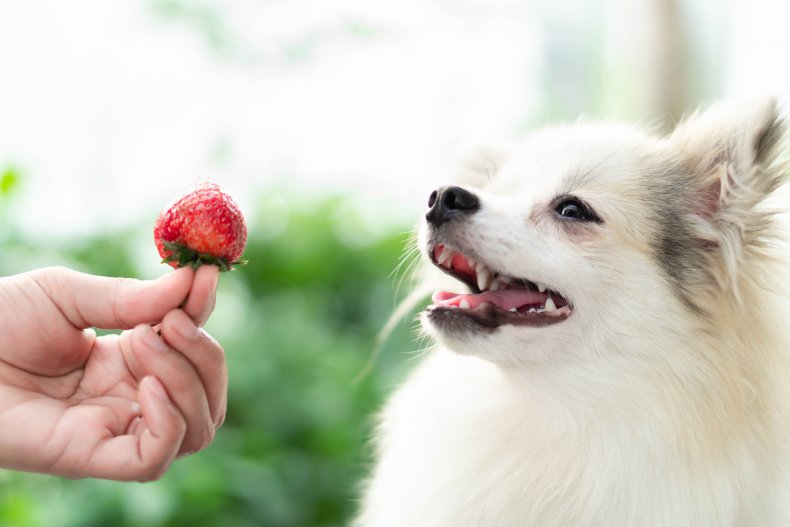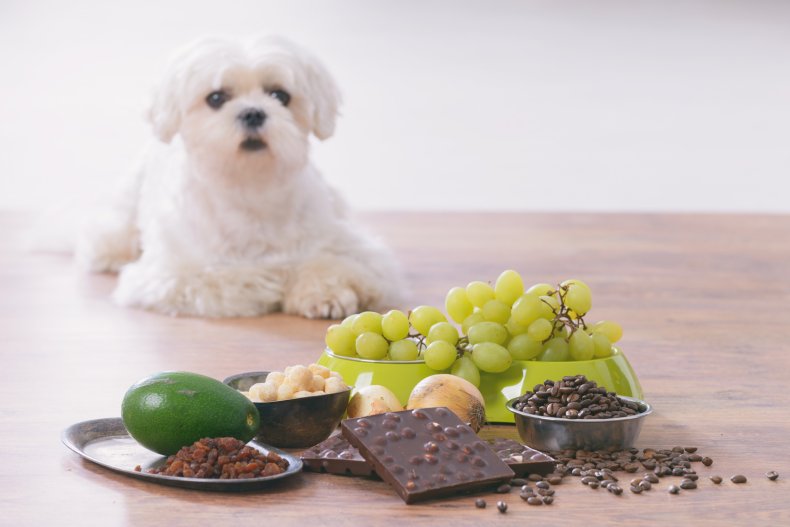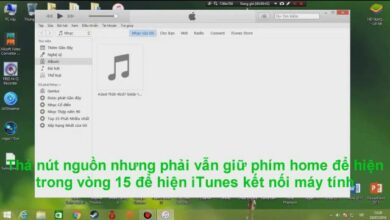Healthy Human Foods That You Can Give Your Puppy as a Treat kiến thức mới năm 2023

Mục lục bài viết
Healthy Human Foods That You Can Give Your Puppy as a Treat – Cập nhật kiến thức mới nhất năm 2023
Knowing what foods puppies can eat is a major concern for most, if not all, dog owners. Our canine companions have different digestive systems than ours, so it’s important to know what you can and can’t feed them, no matter how cuddly they are begging.
Weekly newspaper Talk to two canine experts to learn which healthy human foods can be given to growing puppies as a regular or occasional treat.
What to Consider Before Giving Your Puppy Human Food
Getty Images.
According to Dr. Jerry Klein, chief veterinary officer of the American Kennel Club in Chicago, Illinois, dog owners should realize that by providing their puppy with human food, they are setting a precedent that could affect the rest of their pet’s life. behavior of time. Life.
“If you start giving your puppy human food as a treat, they will always want human food as part of their day,” he told Weekly newspaper.
In general, Klein said, the recommendations for human food for puppies are the same as those for adult dogs:
- Know which foods are safe and which are poisonous
- Avoid giving puppies too much human food so they won’t be able to eat properly
- Watch out for excess weight gain, gastrointestinal problems, or potential obstruction of the trachea, esophagus, stomach, or bowel
- When in doubt, consult your veterinarian
Moderation is key when it comes to giving puppy treats. Even puppies of the same size can have very different nutritional needs, according to Alyssa Ralph, a dog behaviorist and nutritionist at Your Dog’s Club in Chester, UK.
“A dog’s needs will vary with factors such as age, level of activity, and whether or not you are pregnant/nursing. As a general rule of thumb, additional treats should be no more than 10 percent of a dog’s daily calorie intake,” she said.
Klein emphasizes that all dogs, regardless of age, need a balanced diet of protein, healthy fats, carbohydrates, essential minerals and vitamins.
She added: “Obesity is the number one preventable health problem for dogs in the U.S. today, often due to overtreatment and insufficient exercise. Chubby puppies, especially larger breeds, may be more prone to certain conditions, such as hip Joint dysplasia.
“Store-bought dog food should have an AAFCO (Association of American Feed Control Officials) stamp of approval, which means it has been found to be ‘whole and balanced’ for a particular life stage of a puppy or dog.
However, Ralph mentioned that in the UK, all dog food is made from human food. “Unfortunately, this rule does not apply to many other countries,” she added. “Whatever you decide to use, all treats should be combined with a complete, balanced diet to ensure your puppy is healthy and getting all the nutrients it needs.”
Which human foods are safe for puppies?

Getty Images
Klein shared that the following human foods are safe for puppies as treats (in moderation) due to their relatively low levels of fat and sugar:
- blueberry
- radish
- cheese (including cottage cheese)
- green beans
- Hard-boiled eggs (without butter)
- Cooked chicken/turkey (no spices, skin or bones)
- Cooked fish such as salmon, sardines, and mackerel (without bones, spices, or garlic)
Owners should always introduce small amounts of new foods to their canine companions within a few days and monitor for any signs of ill-health within 24 hours, Klein noted.
Ultimately, however, the choice of food and treats is up to the individual dog, Klein said. “What may be good for a dog may not be [be] for another. It is important to ensure that the food served is not poisonous or may cause health problems,” he stressed.
While a dog’s sense of smell is many times that of a human’s, Klein revealed that its taste buds are not as developed. “[Smell] Affects what they eat, which is why dogs eat anything from chops to litter,” he shared.
“Some people prefer the taste of beef and pork, while research shows that dogs prefer chicken or lamb. Most dogs seem to like the taste of cheese,” Klein told Weekly newspaper“This strong sense of smell is why dogs prefer foods with stronger smells, such as warm, moist foods, to cold or dry foods.”
What foods should not be given to puppies?

Getty Images.
Contrary to popular belief, “natural doesn’t necessarily equal safety,” Klein said.
“There are tons of human foods that are toxic to dogs,” he told Weekly newspaper“The most common poisonous foods include grapes, raisins, chocolate, garlic and onions, macadamia nuts and avocados.”
According to Klein, puppy owners should be aware of products containing xylitol, a sweetener commonly found in some flavored ice creams, peanut butter, yogurt, sugar-free gum, and sugar-free baked goods.
Foods that can cause a puppy to choke or block the gastrointestinal tract should also be high on the “don’t” list, including corn on the cob, peels, fruit pits, and apple cores. “It is important to never give [them] Meat bones,” Klein added.
In addition to foods that are notoriously toxic to puppies, dog owners must also consider personality and preferences. “Each dog is an individual and may respond differently than another puppy or dog,” Klein said.
Ralph mentioned that a lot of research has been done to determine if there are differences in how puppies and adult dogs digest food. “There’s actually no consensus,” she said. “So it’s best to figure out how your own dog tolerates the new food each time.”
Klein emphasizes that while a puppy’s diet is no different than an adult dog’s diet, as dogs age, their systems can actually become more sensitive and less tolerant of certain ingredients.
“Changes in diet, too much human food and too much fatty food can lead to problems like pancreatitis, diabetes or altered immune conditions such as allergies or food sensitivities,” he said. “As dogs mature, certain medical conditions may drive dietary decisions: diabetes, pancreatitis, allergic disease or food sensitivities.”
Kết thúc
Ngoài các bài viết tin tức, bài báo hàng ngày của https://www.kythuatcodienlanh.com/, nguồn nội dung cũng bao gồm các bài viết từ các cộng tác viên chuyên gia đầu ngành về chuỗi kiến thức kỹ thuật điện, điện lạnh, điện tử, cơ khí,…,.. được chia sẽ chủ yếu từ nhiều khía cạnh liên quan chuỗi kiến thức này.
Bạn có thể dành thời gian để xem thêm các chuyên mục nội dung chính với các bài viết tư vấn, chia sẻ mới nhất, các tin tức gần đây từ chuyên gia và đối tác của Chúng tôi. Cuối cùng, với các kiến thức chia sẻ của bài viết, hy vọng góp phần nào kiến thức hỗ trợ cho độc giả tốt hơn trong hoạt động nghề nghiệp cá nhân!
* Ý kiến được trình bày trong bài viết này là của tác giả khách mời và không nhất thiết phải là SEMTEK. Nhân viên tác giả, cộng tác viên biên tập sẽ được liệt kê bên cuối bài viết.
Trân trọng,
Các chuyên mục nội dung liên quan







